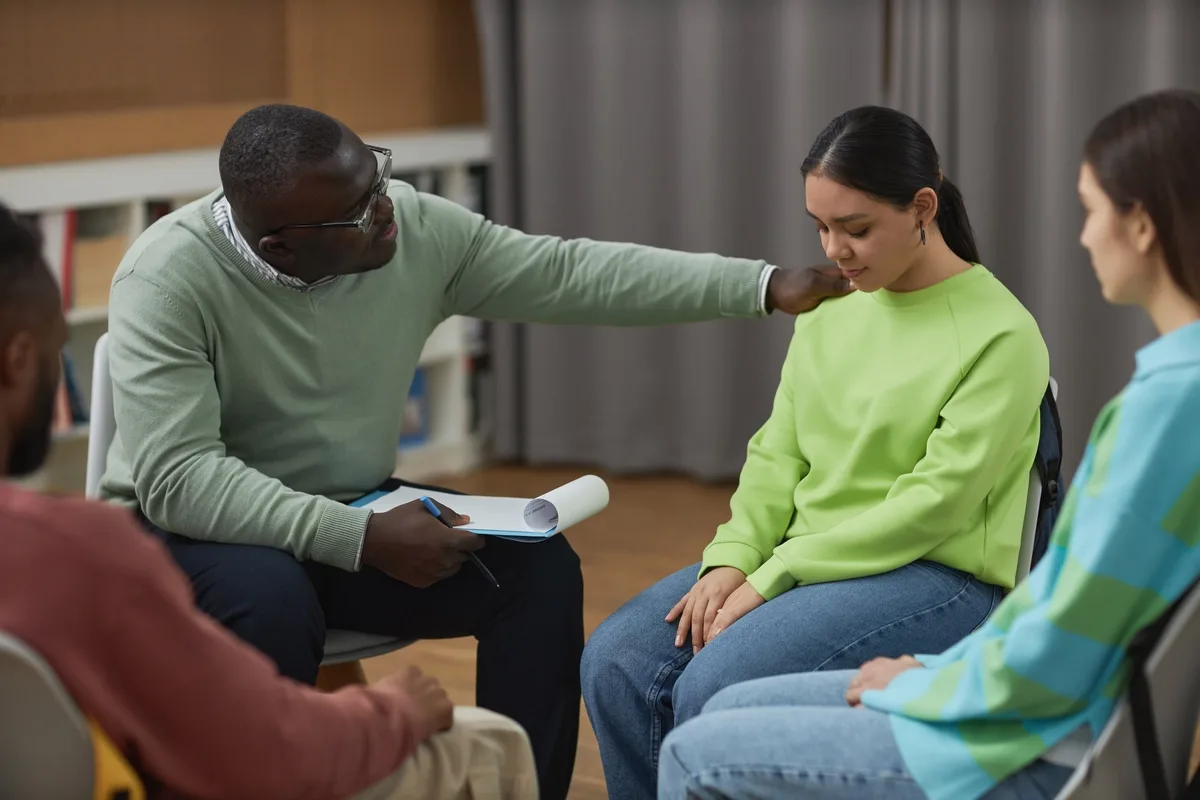24/7 Helpline:
(866) 899-111424/7 Helpline:
(866) 899-1114
Learn more about 12-Step Rehab centers in Granada Hills
12-Step Rehab in Other Cities

Other Insurance Options

Optum

Group Health Incorporated

Aetna

Absolute Total Care

BlueShield

PHCS Network

EmblemHealth

Health Partners

Providence

Excellus

Ambetter

CareSource

Molina Healthcare

CareFirst

WellPoint

American Behavioral

Oxford

Highmark

Self-pay options

Amerigroup

Believe Detox Center
Believe Detox Center is a private rehab located in Granada Hills, California. Believe Detox Center s...















